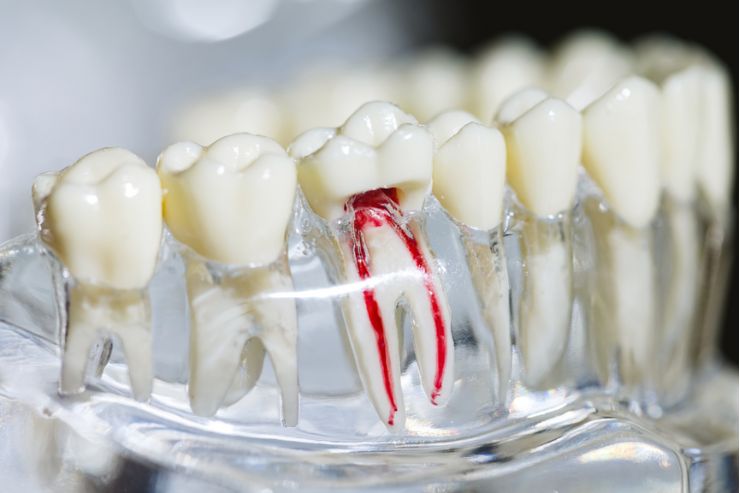
Root canal therapy is a vital dental procedure aimed at saving teeth that are severely decayed or infected. This treatment not only alleviates pain but also preserves the natural tooth structure, preventing the need for extraction.
The root canal procedure involves several key steps. First, the dentist conducts a thorough examination and may take X-rays to assess the extent of the damage. Once a diagnosis is made, local anesthesia is administered to ensure the patient remains comfortable throughout the treatment.
Next, the dentist creates an opening in the crown of the tooth to access the pulp chamber, where the infected or damaged pulp tissue resides.
This tissue consists of nerves, blood vessels, and connective tissue, and its infection can lead to severe pain and swelling. The dentist carefully removes the infected pulp using specialized instruments, thoroughly cleans the canal, and shapes it for filling.
Filling and Sealing
After cleaning, the root canal is filled with a biocompatible material called gutta-percha to seal the space and prevent future infection. The tooth is then temporarily sealed, and a follow-up appointment is scheduled to place a permanent restoration, such as a crown or filling, to restore the tooth’s strength and function.
The primary benefit of root canal therapy is pain relief; it eliminates the source of infection and discomfort. Additionally, this procedure allows patients to retain their natural teeth, maintaining proper alignment and function. With appropriate care, a tooth treated with a root canal can last a lifetime, making it a valuable option for preserving oral health.
At our clinic, we prioritize patient comfort and employ advanced techniques to ensure a smooth and effective root canal experience. Whether you’re experiencing severe tooth pain or need a routine evaluation, our team is here to help you achieve optimal dental health.